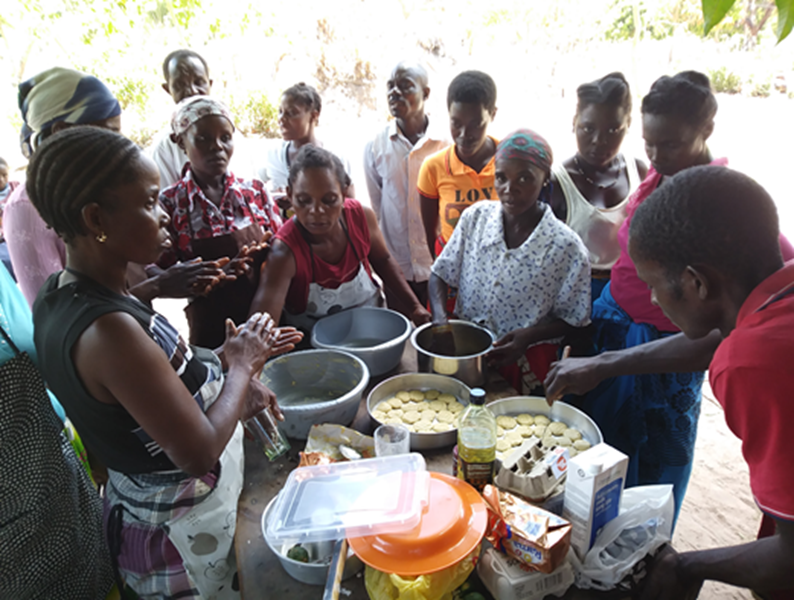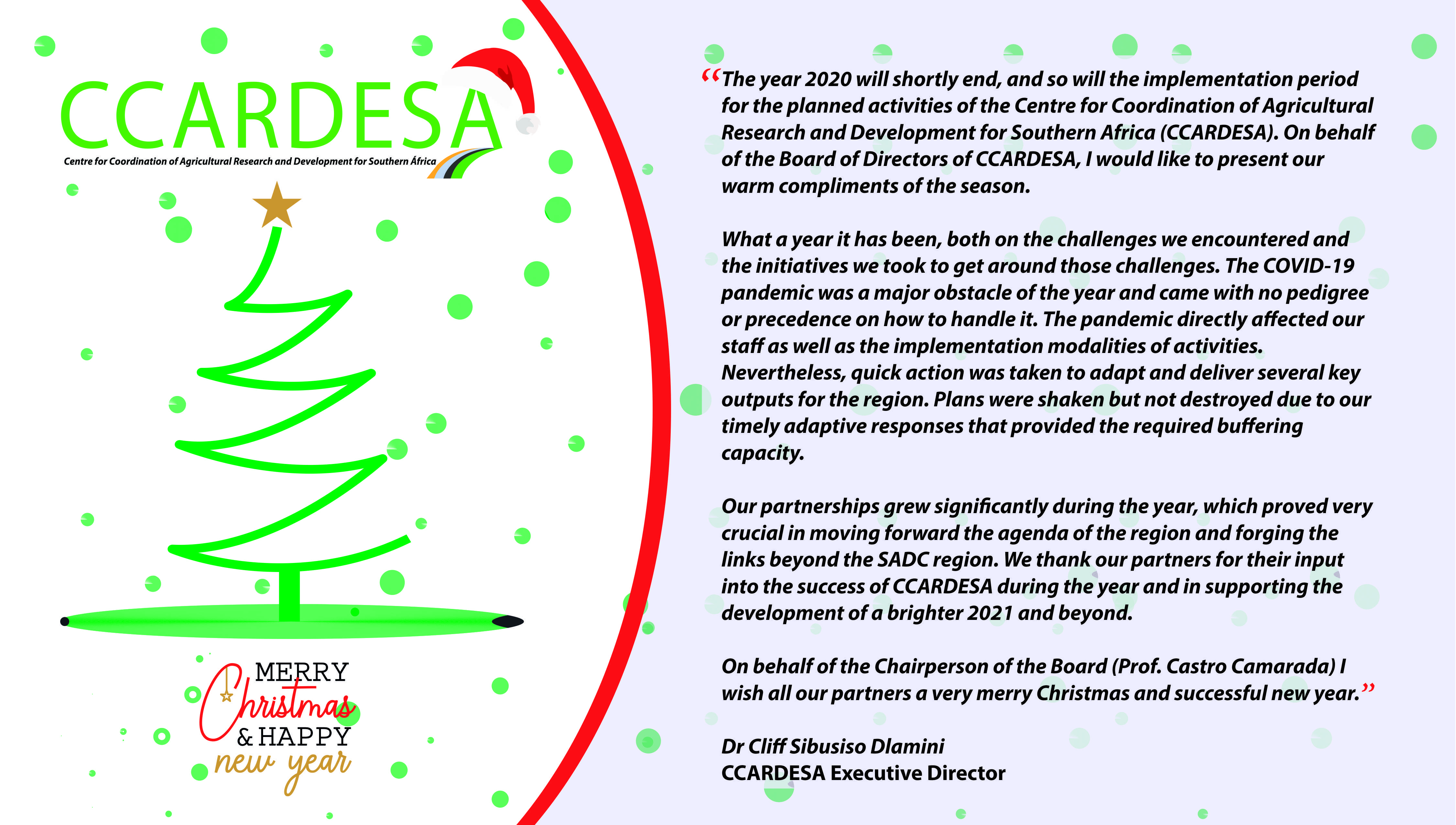Description/Abstract
There is a growing consensus that climate change is transforming the context for rural development, changing physical and socio-economic landscapes and making smallholder development more expensive. But there is less consensus on how smallholder agriculture practices should change as a result. The question is often asked: what really is different about ‘climate-smart’ smallholder agriculture that goes beyond regular best practice in development? This article suggests three major changes:
• First, project and policy preparation need to reflect higher risks, where vulnerability assessments and greater use of climate scenario modelling are combined with a better understanding of interconnections between smallholder farming and wider landscapes.
• Second, this deeper appreciation of interconnected risks should drive a major scaling up of successful ‘multiple-benefit’ approaches to sustainable agricultural intensification by smallholder farmers. These approaches can build climate resilience through managing competing land-use systems at the landscape level, while at the same time reducing poverty, enhancing biodiversity, increasing yields and lowering greenhouse gas emissions.
• Third, climate change and fiscal austerity are reshaping the architecture of public (and potentially private) international development finance. This calls for: (i) new efforts to enable smallholder farmers to become significant beneficiaries of climate finance in order to reward multiple-benefit activities and help offset the transition costs and risks of changing agricultural practices; and (ii) better ways to achieve and then measure a wider range of multiple benefits beyond traditional poverty and yield impacts.
IFAD is actively helping developing countries make these changes according to their differing needs and circumstances. These changes underpin IFAD’s various new policy and institutional frameworks, such as the Environment and Natural Resource Management Policy, the Climate Change Strategy, the initiative on climate finance for smallholder farmers (Adaptation for Smallholder Agriculture Programme) and the IFAD Strategic Framework 2011-2015.
Citation
International Fund for Agricultural Development (IFAD), Climate-smart smallholder agriculture: What’s different?. 2012. Elwyn Grainger-Jones, Rome, Italy.








